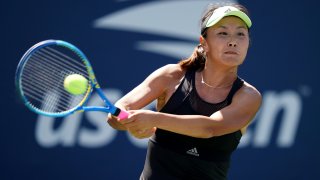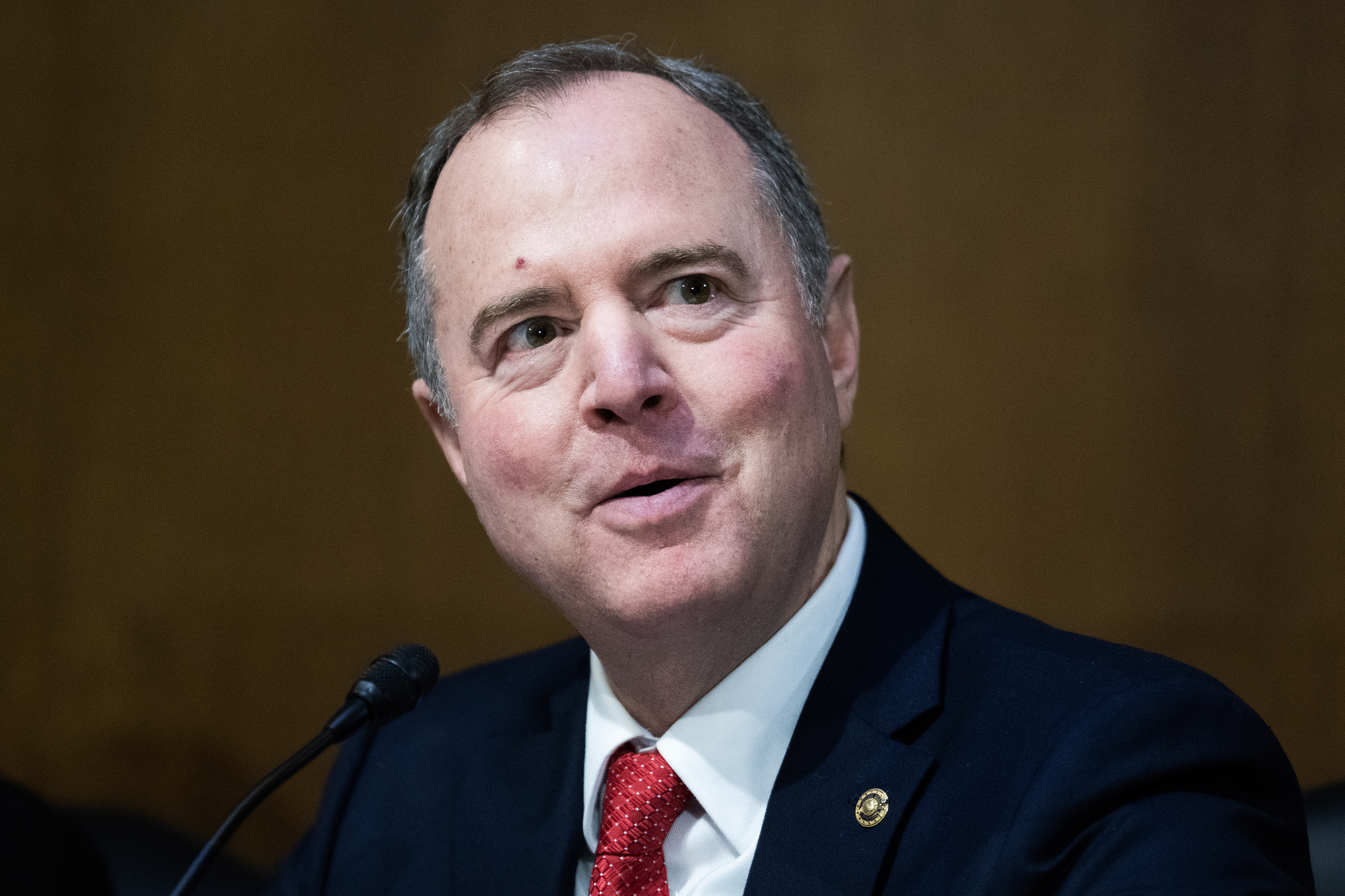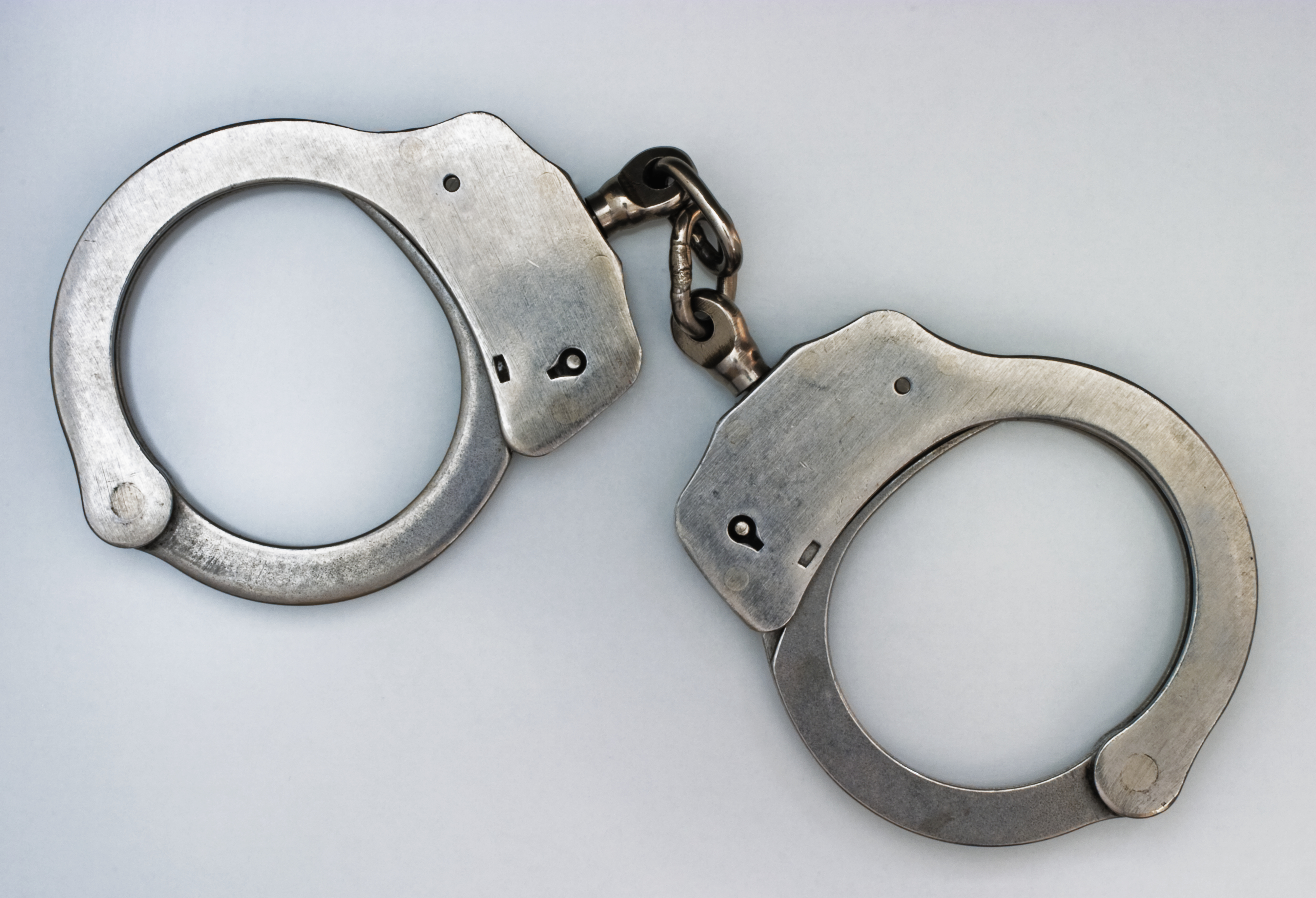
A Chinese professional tennis player not seen in public since she accused a former top government official of sexual assault purportedly sent an email claiming she was safe and that the allegation was false, a message that only amplified concerns about her safety and demands for information about her well-being and whereabouts.
So far, those calls have been met by silence.
Chinese officials have said nothing publicly since the accusation about two weeks ago by Grand Slam doubles champion Peng Shuai that she was sexually assaulted by Zhang Gaoli. The first #MeToo case to reach the political realm in China has not been reported by the domestic media and online discussion of it has been highly censored.
Steve Simon, the chairman and CEO of the Women's Tennis Association, questioned the authenticity of what Chinese state media said was an email intended for him in which Peng says she is safe and that the assault allegation is untrue. It was posted Thursday by CGTN, the international arm of Chinese state broadcaster CCTV.
Get top local stories in San Diego delivered to you every morning. Sign up for NBC San Diego's News Headlines newsletter.
“I have a hard time believing that Peng Shuai actually wrote the email we received or believes what is being attributed to her,” Simon wrote.
The statement, he added, “only raises my concerns as to her safety and whereabouts.”
Simon has demanded a full investigation, and the WTA said it is prepared to pull tournaments out of the country if it doesn't get an appropriate response. Top players including Naomi Osaka and Novak Djokovic have spoken out, and the hashtag WhereisPengShuai is trending online.
U.S. & World
Serena Williams tweeted that she was “devastated and shocked to hear about the news” about Peng.
“I hope she is safe and found as soon as possible,” Williams wrote. “This must be investigated and we must not stay silent.”
International Tennis Federation spokeswoman Heather Bowler said Thursday the governing body is in contact with the Chinese Tennis Association and is liaising with the WTA and the International Olympic Committee.
“Player safety is always our top priority and we support a full and transparent investigation into this matter,” Bowler wrote in an email to The Associated Press. “While we have not spoken to the player, we are in touch with the national tennis association in China (CTA) in the event they may be able to provide any further information or updates."
China has largely suppressed a #MeToo movement that flourished briefly in 2018 and is forging ahead with the Beijing Winter Olympics in February despite boycott calls by activists and some overseas politicians over China's human rights record.
Asked repeatedly about the case, China's Foreign Ministry spokesperson Zhao Lijian said again on Thursday that he is unaware of it.
The 35-year-old Peng is a former No. 1-ranked player in women’s doubles who won titles at Wimbledon in 2013 and the French Open in 2014.
She wrote in a lengthy social media post on Nov. 2 that Zhang, a former vice premier who was a member of the ruling Communist Party’s top leadership committee, had forced her to have sex despite repeated refusals three years ago.
The post was quickly deleted from her verified account on Weibo, a leading Chinese social media platform, but screenshots of the explosive accusation quickly spread across China's internet. She has not appeared in public since then, raising questions about her whereabouts and whether she is being detained.
Zhang, who is 75, dropped from public sight after his retirement in 2018, as is usual for former senior officials. He is not known to have any close connections to current leaders.
Peng’s accusation is the first high-profile accusation of sexual assault against a powerful politician in China. Past accusations touched on prominent figures in the non-profit world, academia and media, but never reached the Communist Party's top officials or state-owned companies.
CGTN posted the statement on Twitter, which is blocked in China along with many other foreign platforms such as Google and Facebook. It did not post it on Chinese social media, nor was there any mention of the purported email behind the Great Firewall, which separates the Chinese internet from the rest of the world.
Some internet users have circumvented the controls and posted about the news in private social media groups. Freeweibo.com, which records censored posts from Weibo, said searches for “Peng Shuai” and “Zhang Gaoli" were both among the top 10 searched topics on Thursday.
Searches for Peng Shuai’s name on China's Sogou search engine turn up only articles about her tennis career. Her account on Weibo no longer allows comments, and no results turn up if people search for her Weibo account.
Peng wrote that Zhang’s wife guarded the door during the alleged assault, which followed a round of tennis. Her post also said they had sex seven years ago and she had feelings for him after that. She also said she knew speaking up would be difficult.
“Yes, aside from myself, I kept no evidence, no recordings, no videos, only the real experience of my twisted self. Even if I’m destroying myself, like throwing an egg against a rock, or a moth flying into a flame, I will still speak out the truth about us,” the now-deleted post said.
Her allegation came just three months before Beijing hosts the Winter Olympics, which have been the target of a boycott campaign from multiple human rights organizations largely over China's repression of Uyghur Muslims. The games face a possible diplomatic boycott by the United States and other countries. Rights groups have likened Beijing’s 2022 Olympics to Hitler’s 1936 Berlin Olympics. China has consistently denied any human rights abuses and says its actions are part of counterterrorism programs.
Peng has played in three Olympics. The IOC said Thursday in a statement that, “We have seen the latest reports and are encouraged by assurances that she is safe.”
The Switzerland-based IOC, which derives 73% of its income from selling broadcast rights and another 18% from sponsors, has not criticized China, and often repeats that it is only a sports business and has no remit to act on policies of a sovereign state.
The WTA can better afford to bring pressure since it is less dependent on income from China than the IOC or the NBA. The basketball league lost an estimated $400 million in broadcast rights when China blacked out its games in the 2019-2020 season after then-Houston Rockets general manager Daryl Morey tweeted in support of protesters in Hong Kong.
The WTA Finals were held in Mexico this month because of the pandemic, with the event scheduled to return in 2022 to Shenzhen, China.
The WTA holds a number of tournaments in China, and the WTA Finals are scheduled there through 2030. In 2019, there were eight WTA tournaments there as part of the China swing following the U.S. Open and just months before the pandemic hit in early 2020.
Simon's statement said Peng has displayed incredible courage, but that he is still concerned about her safety.
“The WTA and the rest of the world need independent and verifiable proof that she is safe,” he wrote. “I have repeatedly tried to reach her via numerous forms of communications, to no avail.”
___
Associated Press sports writer Stephen Wade in Tokyo contributed.



